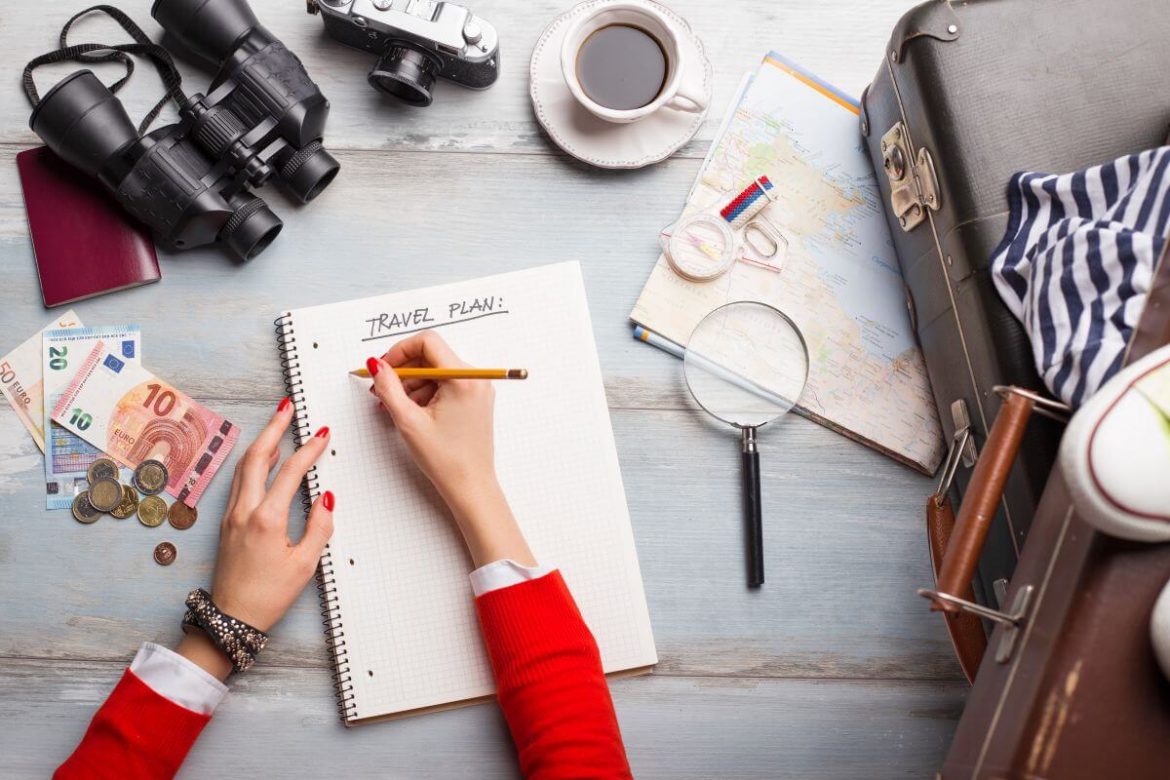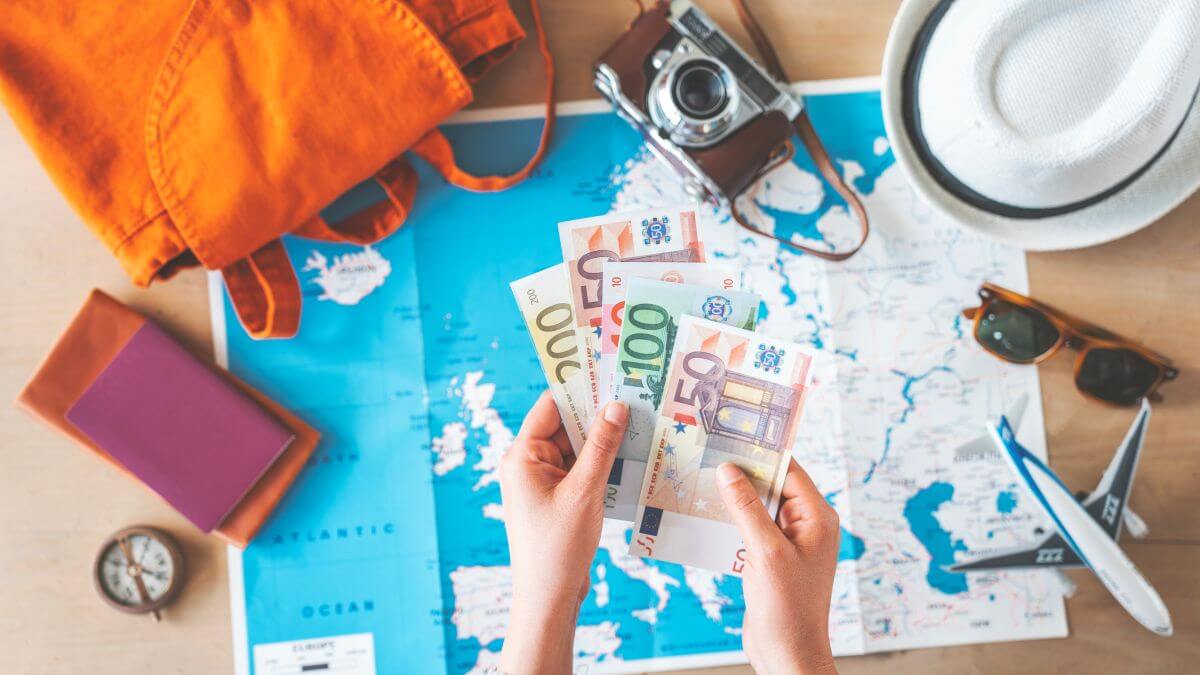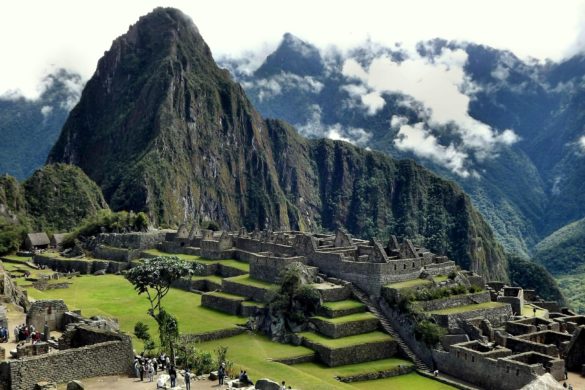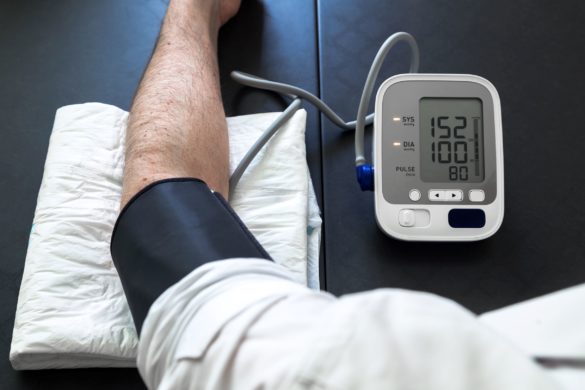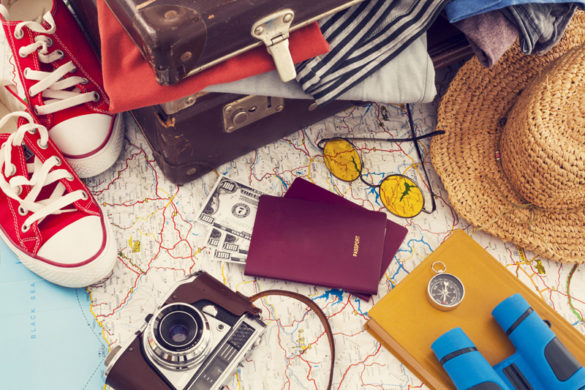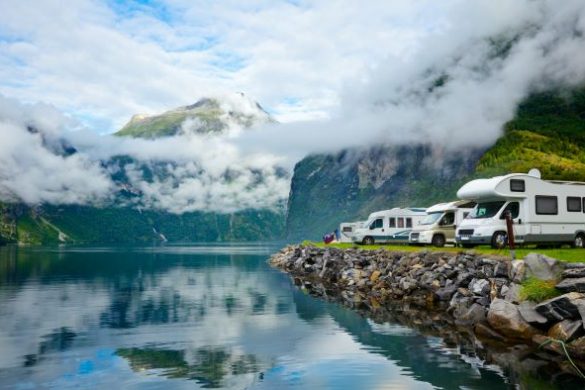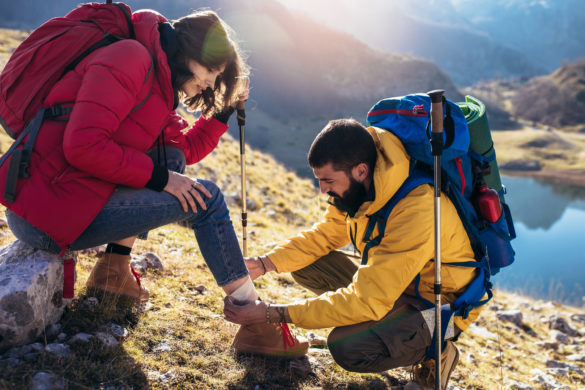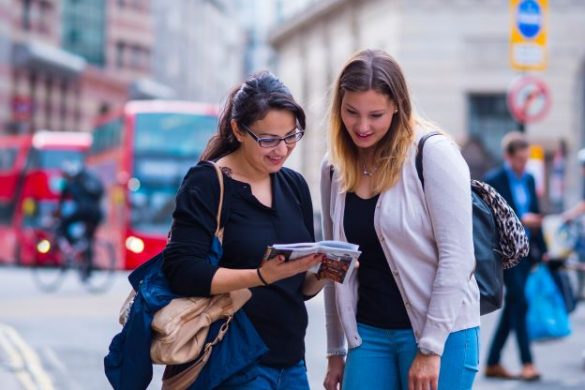Planning a trip abroad is often an exciting prospect, but it can also be a bit overwhelming, especially with the sheer volume of information to take into account. Working out how much you’ll need to budget to enjoy your trip comfortably is a crucial part of the process – and it involves a fair bit of careful calculation.
In this article, we’ll share practical tips to help you estimate your travel budget accurately and set off on your journey with confidence.
Define Your Travel Style
Your holiday budget will largely depend on your personal travel preferences. Start by thinking about the kind of experience you’re after: are you hoping to unwind, explore, meet new people – or perhaps a bit of everything?
Next, consider the level of comfort you’d like throughout your trip. If you favour hotel stays, dining out, and using taxis to get around, your costs will naturally be higher than if you’re happy with simpler options.
Planning your activities in advance can also make a big difference. Not only does it help you manage your finances better, but booking tickets and experiences online often gives you access to discounted rates.
Be Thorough with Transport Costs
Transport tends to be one of the bigger expenses during a trip, particularly if you’re planning to travel around the country or take part in various excursions.
Transport options , and their associated costs, can vary widely depending on your destination. In some parts of Asia, for instance, hiring a scooter is a popular and affordable way to get around, while in much of Europe, public transport is usually the cheapest and most efficient option. Do a bit of research into how locals tend to travel to help you make a cost-effective choice.
Keep an eye out for hidden fees as well. Your flight might not include cabin baggage, meaning you could face extra charges for bringing all your gear. If you’re hiring a car, don’t forget to factor in the price of fuel and any road tolls you might encounter.
Work Out Accommodation Costs
Accommodation will be another significant part of your travel budget. Think carefully about the kind of lodging you’re happy with. If you’re travelling on a tight budget, you might consider hostels or campsites. If comfort is more important to you, an Airbnb or hotel stay will obviously cost more.
Be sure to shop around and compare prices to get the best value. Booking your accommodation well in advance often means lower rates and more choice.
Exchanging currency before you travel
Depending on where you’re heading, you might need to exchange your money into the local currency. If so, it’s usually more cost-effective to do this before you travel. Exchange rates are often less favourable abroad, particularly at airports or tourist hotspots.
Using the services of an online bureau de change can also help you lock in better rates and often means you’ll pay no commission – making it the smartest way to sort out your travel money and keep your overall budget in check.
Budget for the Unexpected
When travelling, it’s wise to expect the unexpected. Things like medical issues, delayed transport, cancellations, or changes due to poor weather can all throw a spanner in the works – and potentially your budget too.
It’s a good idea to set aside an extra 10–20% of your total budget as a contingency. This gives you a bit of breathing space should anything go wrong.
Carrying some cash is also sensible. While card payments are common in many countries, there are still places where cash is preferred , and it’s good to have a backup in case your card is lost or stolen.

